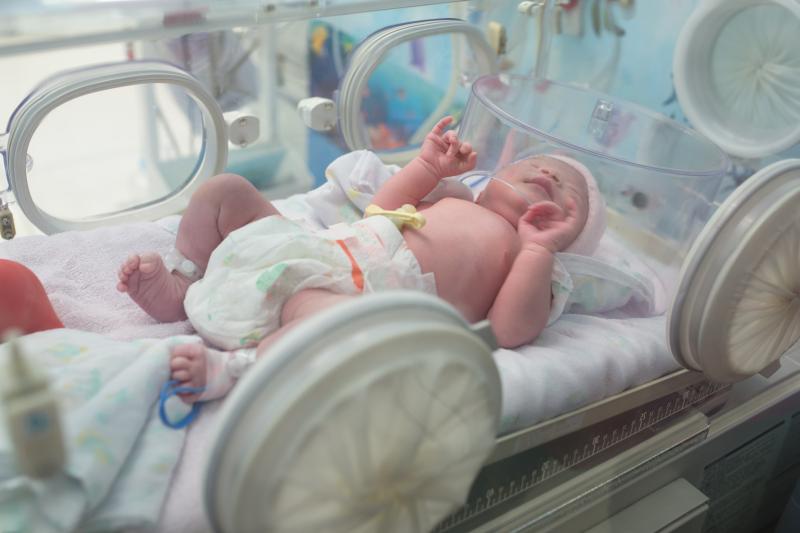
Prelacteal and early formula feeding may be detrimental to infants, contributing to an increase in the risk of infection and hospital admission, as shown in a recent study.
The study involved 2,030 pregnant women at 24–28 weeks of gestation who were followed at hospital discharge, 1, 3, 6 and 12 months postpartum. Main outcome measures were rates of infant hospitalization, diarrhoea and lower respiratory tract infection during the first 12 months.
The final analysis included 1,709 infants, among whom 25.5 percent experienced diarrhoea, with 24.8 percent having at least one episode. Almost half (47.6 percent) of the babies developed lower respiratory tract infection by 12 months.
Before hospital discharge, the prevalence of prelacteal feeding was high at 56.5 percent, while formula feeding was common at 79.5 percent.
Multivariate regression models showed that compared with exclusive breastfeeding, both prelacteal feeding and formula feeding before hospital discharge were associated with an elevated risk of adverse health outcomes, particularly hospitalization by 12 months (adjusted odds ratios, 1.43, 95 percent CI, 1.09–1.88 and 1.48, 1.07–2.05, respectively).
The present data point to the importance of providing exclusive breastfeeding by mothers to avoid the adverse consequences of giving formula milk and prelacteal foods, researchers said.